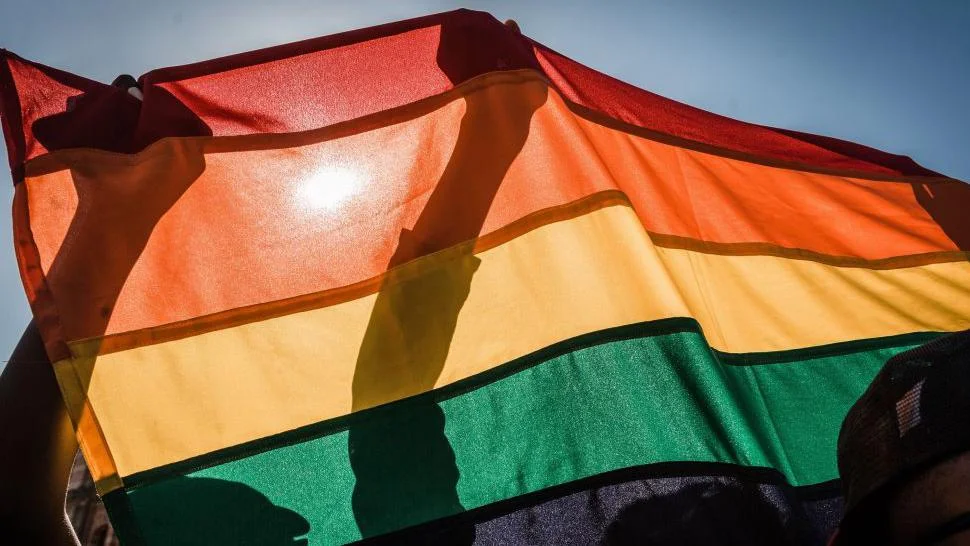On August 10, 2023, Ugandan President Yoweri Museveni sharply criticized the World Bank’s decision to suspend new loans due to the Anti-Homosexuality Act, signed into law in May 2023. The act, imposing life imprisonment for consensual same-sex acts and the death penalty for “aggravated homosexuality” (e.g., transmitting HIV or involving minors), was deemed by the World Bank to contradict its values of inclusion and non-discrimination. “It is unfortunate that the World Bank dares to coerce us into abandoning our faith, culture, principles, and sovereignty, using money,” Museveni declared, accusing the bank of underestimating Africans. He vowed Uganda would seek alternative funding sources and reduce borrowing, citing anticipated oil revenues by 2025.
World Bank’s Stance and Economic Impact
The World Bank, on August 8, 2023, announced it would halt new public financing until measures ensure its $5.2 billion portfolio in Uganda does not discriminate against sexual and gender minorities. Existing projects remain unaffected, but the suspension prompted Uganda’s junior finance minister, Henry Musasizi, to propose a revised 2023–2024 budget to address the financial shortfall. The bank’s decision followed pressure from 170 civic groups and U.S. Congress members, who cited the law’s violation of human rights and World Bank policies. Uganda’s health ministry issued a circular on August 9, urging non-discrimination in healthcare, amid fears that the law could deter LGBTQ+ individuals from seeking medical services due to potential police reporting or stigma.
Regional and International Backlash
The Anti-Homosexuality Act, condemned by the UN, U.S., and global rights groups, has led to broader repercussions. The U.S. imposed visa restrictions on Ugandan officials in June 2023 and threatened further aid cuts, while the UK-based charity Open for Business estimated economic losses of $470 million to $1.7 billion in 2023 due to frozen financing. Uganda’s state minister for foreign affairs, Okello Oryem, accused the World Bank of hypocrisy, noting its partnerships with countries like Saudi Arabia, where similar anti-LGBTQ laws exist, without comparable sanctions. “Why pick on Uganda?” he questioned, highlighting perceived inconsistencies in global financial policies.
Domestic and Legal Challenges
Domestically, the law faced legal challenges, with Ugandan activists filing a case in the Constitutional Court to annul it for violating rights. However, the court upheld the law in April 2024, intensifying human rights violations, with 1,253 documented cases against LGBTQ+ individuals from September 2023 to April 2024, per Convening for Equality. Museveni defended the law as protecting cultural values against “recruitment” by the LGBTQ+ community, a stance echoed by supporters but criticized as a distraction from issues like unemployment, per Human Rights Watch researcher Oryem Nyeko.
World Bank’s Reversal and Ongoing Tensions
By June 5, 2025, the World Bank resumed lending to Uganda, citing “mitigation measures” like training to prevent discrimination in funded projects. However, 115 civil society groups, including Health GAP, protested, calling these measures “appallingly weak” amid ongoing enforcement of the law, with over 90 people charged by August 2024. Museveni’s defiance and the law’s economic fallout, including a revised budget and potential reliance on non-Western lenders, underscore Uganda’s complex balancing act between sovereignty, international pressure, and human rights obligations as the crisis persists.






